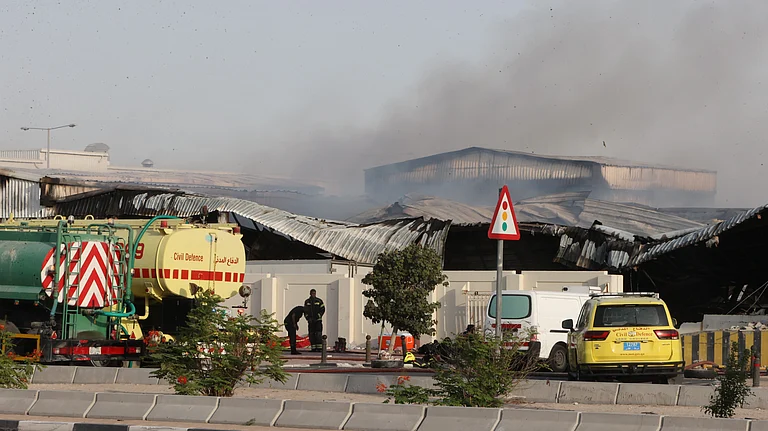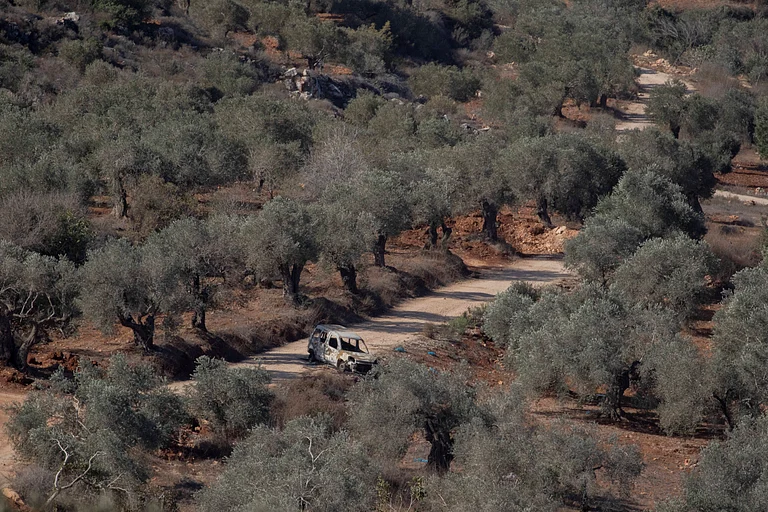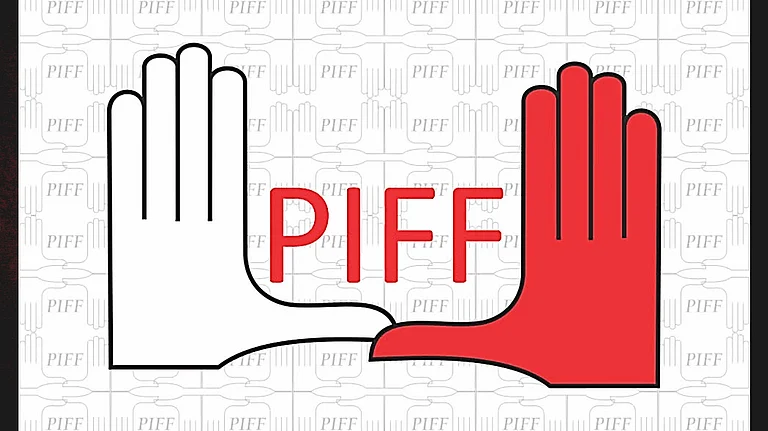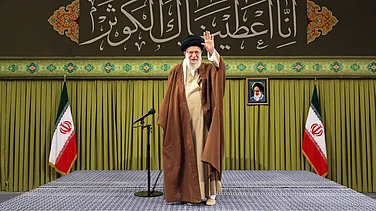Hamas on Thursday accused Israel of deliberately attacking its negotiators in Qatar, claiming the strike was intended to destroy fragile efforts at reaching a ceasefire in Gaza. The militant group further alleged that the United States acted as an accomplice, backing Israeli actions that undermine the mediation process.
According to Hamas, the incident reflects Israel’s unwillingness to engage in meaningful dialogue and signals an attempt to prolong the conflict. “This was not just an attack on our representatives, but an attack on the very idea of negotiation itself,” a Hamas spokesperson said in a statement.
Qatar, which has been hosting rounds of indirect negotiations between Hamas and Israel with the involvement of Egyptian and U.S. mediators, has not yet commented on the allegations. The Gulf state has positioned itself as a central broker in regional conflicts, balancing ties with both Western governments and regional Islamist groups.
The accusation comes at a time when Gaza remains under intense humanitarian strain, with thousands displaced, limited access to food and medical supplies, and intermittent electricity. International aid groups have repeatedly called for a ceasefire to allow the flow of relief, but diplomatic efforts have stalled amid renewed violence.
Hamas’s charge that Washington was complicit adds another layer of tension to U.S. involvement in the region. While the Biden administration has publicly supported Qatar’s mediation and called for restraint, Hamas maintains that American backing of Israeli military operations undermines any credibility as a neutral player.
Israel has not officially responded to the allegation, though officials in Jerusalem have consistently maintained that Hamas uses negotiations to regroup and rearm. Analysts suggest that if true, the alleged targeting of negotiators could escalate mistrust and potentially close off one of the last remaining channels for dialogue.
Observers warn that if Qatar mediation collapses, options for brokering peace will narrow significantly, raising the risk of a prolonged and deadlier conflict.


























